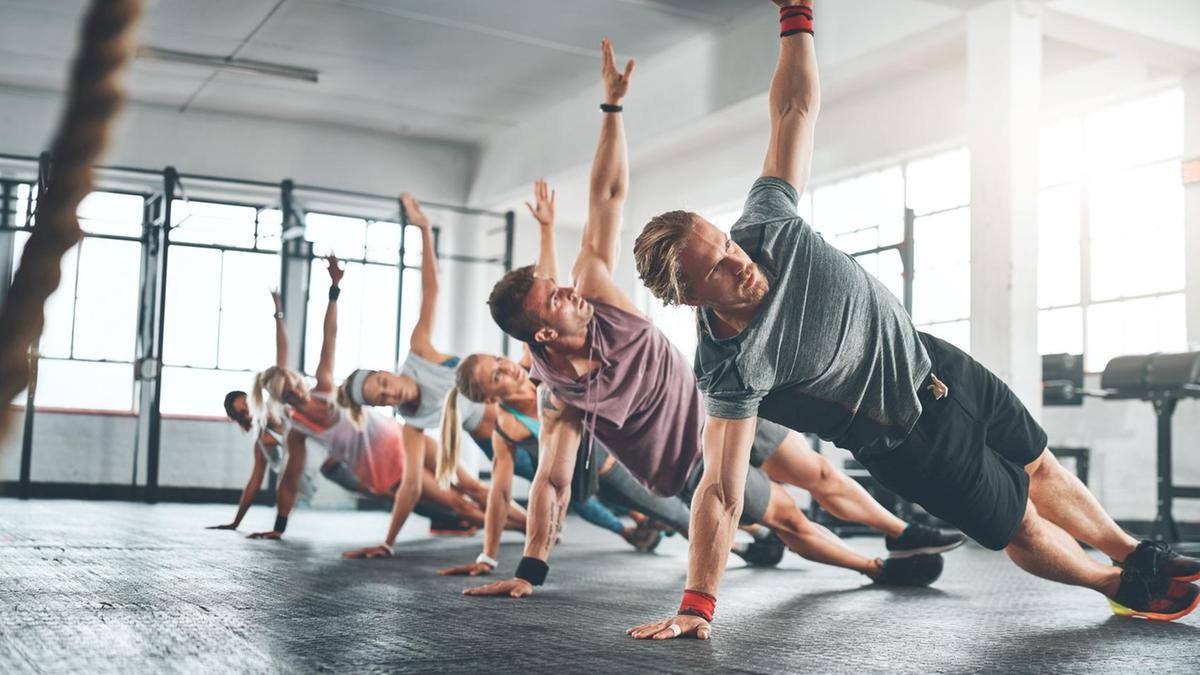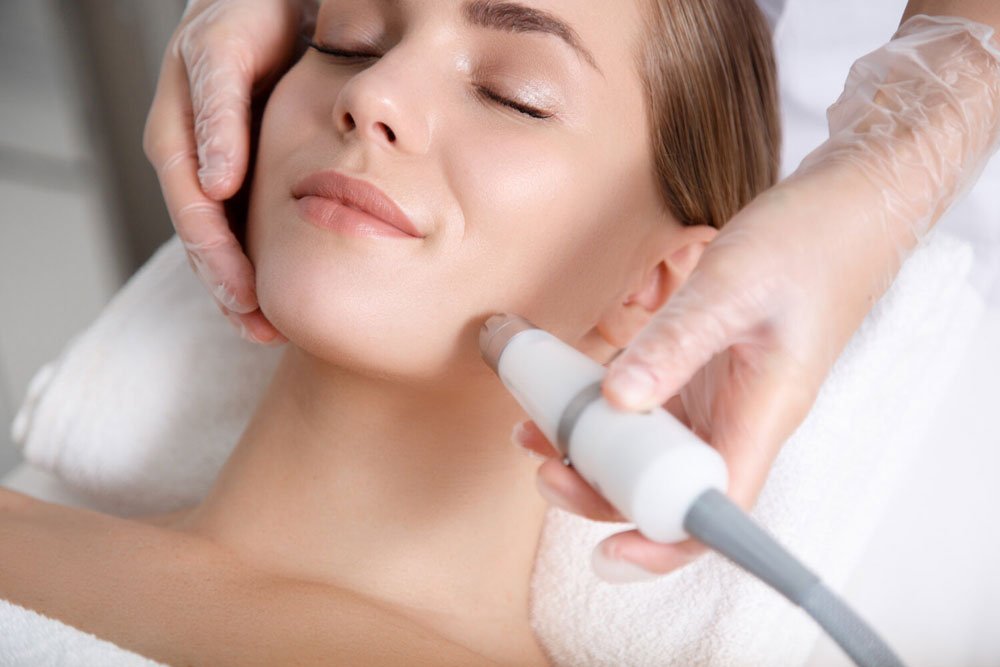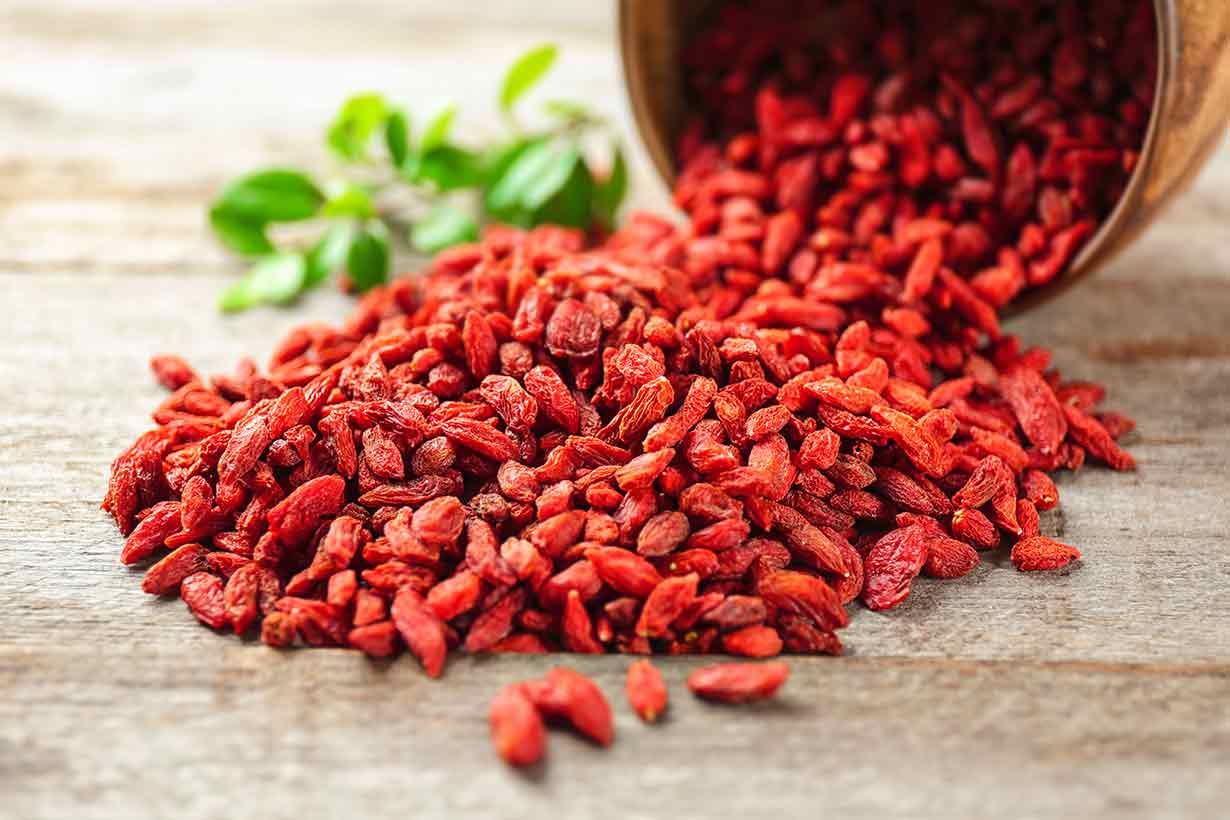Beginning the process of recovering from drug or alcohol abuse is the start of a life-changing journey full of challenges and successes. People often focus on the mental and emotional parts of recovery, but one important but often overlooked factor is how fit someone is during recovery.
Realizing how vital exercise and other forms of physical activity are for helping people on this challenging path reveals a unique and influential part of the healing and rebuilding process.
Exercise: A Natural Mood Enhancer
Endorphins are natural mood boosters released in the brain when you do a lot of physical exercise. This increase in chemicals that make you feel good helps counteract the emotional lows that come with withdrawal or cravings, making you more upbeat.
Lumina Recovery is known for its all-around approach to rehabilitation, and it offers personalized exercise plans to help people on their way to recovery. Stress and anxiety are regular things that can lead to relapse. Exercise can help you deal with them.
Combatting Stress and Anxiety
Stress and anxiety are regular things that can lead to relapse. Exercise can help you deal with them. While you’re working out, your body’s amounts of the stress hormone cortisol drop. This makes you feel calm and relaxed. It also gives you an excellent way to release your feelings and turn them into valuable energy.
Restoring Neurological Balance
Abusing drugs throw off the brain’s average chemical balance. Regular exercise can help restore this balance by assisting neurons to grow back and fixing damage caused by addiction. It improves brain function by making it easier to concentrate, remember things, and make choices.
Building Structure and Routine
Getting into a fitness program gives people recovery structure and routine. Keeping to this schedule helps change old habits related to drug use with a new, healthier pattern of behavior.
Enhancing Self-Esteem and Confidence
Achieving fitness goals, no matter how big or small, gives you a feeling of accomplishment and boosts your self-esteem. Achieving personal fitness goals boosts confidence, which makes it easier to believe in one’s ability to deal with the challenges of healing.
Creating Healthy Habits
Choosing to live an active life can help you form good habits. Better sleep, healthier eating, and a general dedication to health are all encouraged. Moreover, they are all essential for long-term healing.
Social Engagement and Support
Joining an exercise group or playing team sports is a great way to meet new people and get support.
Make friends with people who share your goals. This will help you feel accountable and supported, which is crucial for keeping you sober.
Choosing the Right Exercise Regimes
It’s essential to make sure that a workout plan fits your needs. If you choose things you enjoy, you are more likely to stick to your routine. You can engage in running, yoga, swimming, or weightlifting.
Seeking Professional Guidance
It is essential to talk to doctors or exercise trainers who are familiar with helping people recover from drug use. They can advise on good exercise plans considering each person’s health conditions and limits.
Incorporating Mindfulness Practices
Adding mindfulness practices like yoga or tai chi to physical exercise makes the effects even more remarkable. These activities help with relaxation, self-awareness, and mental balance. This goes along with healing physically.
Conclusion
Combining exercise with recovery from drug use is a powerful and all-around method. Practice is good for your body and mind. It helps you deal with stress, rebuild brain pathways, and form healthy habits. People in recovery can give themselves more power by living an active lifestyle. This improves their general quality of life and makes them stronger when they face the challenges of quitting drugs.





